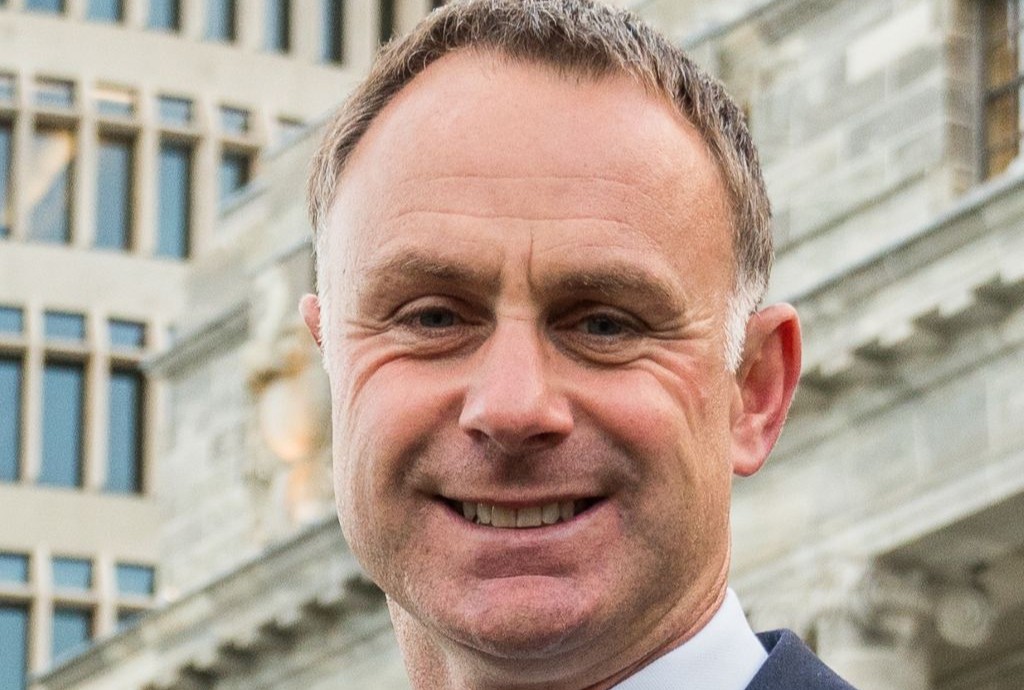Table of Contents
Summarised by Centrist
The government has introduced a 100,000-word water services bill aimed at restructuring how water is managed across New Zealand.
While lower profile than the controversial Three Waters reforms, this bill is already creating waves among councils grappling with rising costs, debt, and uncertain partnerships.
Councils must decide whether to go it alone or join regional entities, with some, like Ashburton and Selwyn, seeking exemptions to craft their own solutions. Larger cities such as Auckland and Christchurch prefer independence, while smaller councils like Ruapehu face limited options due to high water debts and looming wastewater costs. Mayor Weston Kirton warned, “Whatever model we choose will bring significant financial changes for ratepayers.”
In Horowhenua, Mayor Bernie Wanden expressed concerns over rising rates and the $150,000 annual levy from regulator Taumata Arowai. “Affordability and local voice are our biggest concerns,” he said. Clutha Mayor Brian Cadogan noted that smaller council groupings lack the scale needed for real cost savings. “Efficiency through scale is the only way to save New Zealanders from unprecedented hardships,” Cadogan argued.
The reforms aim to improve water quality and address contamination issues highlighted by Taumata Arowai. However, critics argue the government’s approach may lead to fragmented solutions that pass the burden onto communities already struggling to meet regulatory demands.









